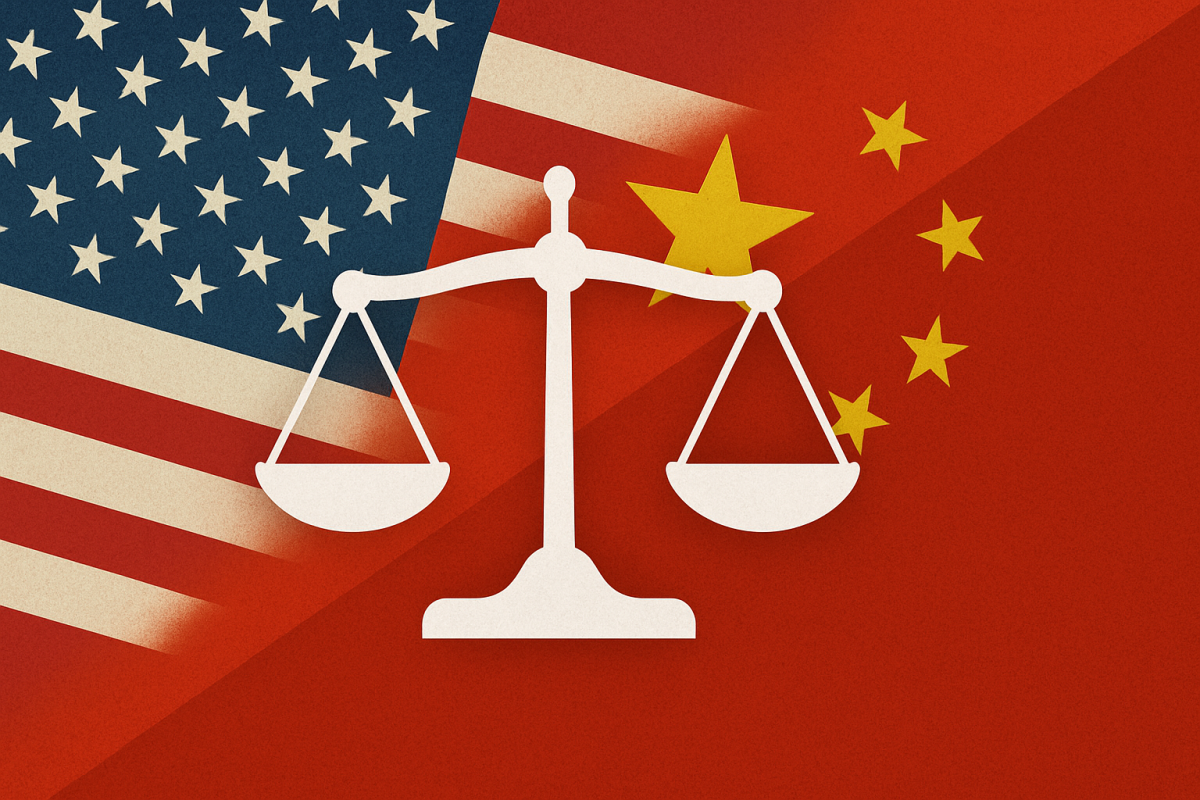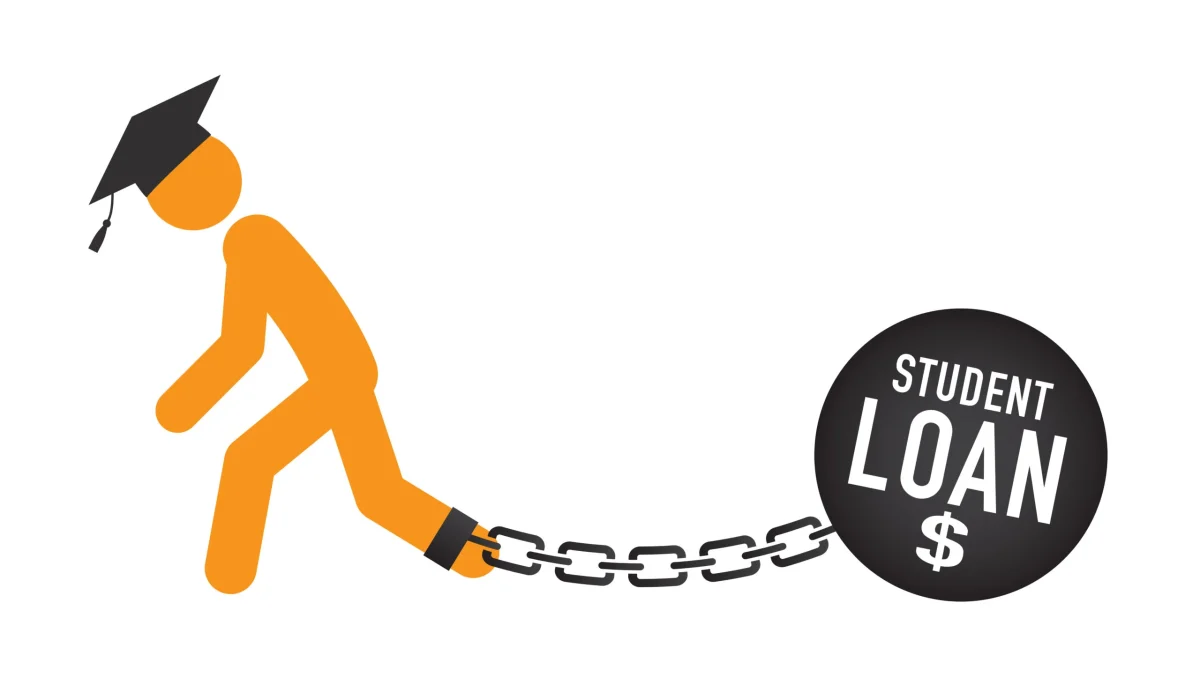On Monday April 8th, President Biden announced new plans to expand student debt relief, affecting up to 30 million Americans. Up to this point, the administration has approved $146 billion dollars in student debt cancellation, affecting 4 million Americans, through more than 24 executive actions.
Last June, the Supreme Court blocked Biden’s initial plans for student debt relief through executive power. After this, the Department of Education began pursuing student debt relief through cooperative rulemaking under the Higher Education Act. This effort culminated in the newly announced plan.
The plan announced by Biden affects three distinct groups: it cancels the full accrued interest of 23 million borrowers, it provides more than $5,000 of aid to 10 million borrowers, and it fully cancels the student loan debts of 4 million borrowers.
White House spokesperson Karine Jean-Pierre stated that these plans could take effect as early as this fall, following a public comment period.
Currently, more than 43 million Americans owe more than $1.7 trillion dollars in student loans. According to Biden and his proponents, this places undue financial strain on the economy by inhibiting borrowers from buying homes and providing other economic stimulus. Earlier borrowers who have now paid off their debt have expressed some concern about the fairness of the plans, due to their lack of relief.
“While a college degree still is a ticket to the middle class, that ticket is becoming much too expensive. Much too expensive,” Biden said at an event in Madison, Wisconsin. “The ability for working and middle-class folks to repay their student loans has become so burdensome that a lot can’t repay it for even decades after being in school.”
Critics of the plans have stated concerns over the constitutionality of the plans, as well as stating that the plans have, in many cases, no application requirements, instead opting to automatically cancel debt for millions of Americans. Seven states are currently pursuing lawsuits against the administration for their allegedly unconstitutional actions under the SAVE Plan, quoting the Supreme Court’s decision last year that the President cannot “unilaterally alter large sections of the American economy.” Proponents point out that the President is not acting unilaterally; he is working with the Department of Education to carry out the powers given to them in legislation passed by Congress. In addition, the new plan is based on a different law, one that authorized the Secretary of Education the power to “compromise, waive or release” federal student loans.
Even some supporters of Biden have expressed concern with the timing of the cancellation. Pointing out that the debt cancellation, a major campaign promise, was not being accomplished until Biden’s final year of his first term. Biden has stated that, if reelected, he will pursue free community college in his second term.
President Biden has set a large portion of his campaign towards education reform, but it is unsure if the Supreme Court will approve this debt cancellation or other lofty plans, even with the dramatic restructuring from the last student debt cancellation plan.
































